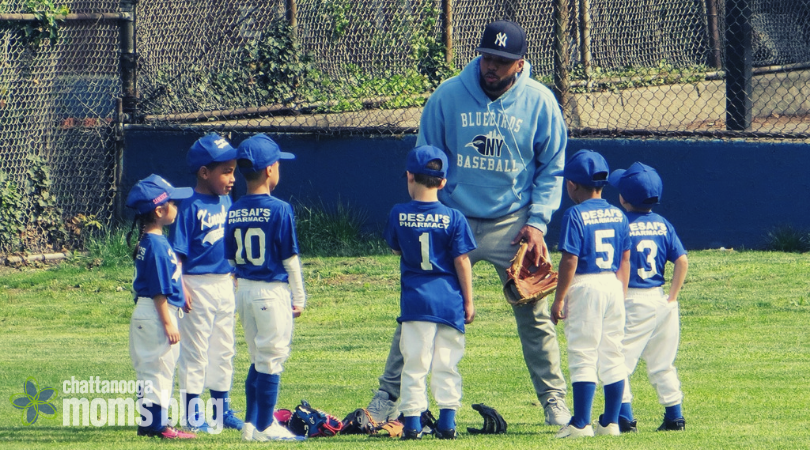
Recently, I reminisced with a family member about high school sports. He said, “We were the only show in town. There weren’t any professional sports teams. And there wasn’t anything to do. Amateur sports were the most important ticket around.” As I raise two young boys, I see that is still true, especially here in a small town. Autumn signals football; spring means baseball.
Along with the incessant sneezing and coughing, it’s easy to identify the baseball parents. They are walking zombies this time of year which isn’t caused by the yearly allergy haze. Rather, it’s plain old exhaustion. Of all the sports, baseball involves an enormous amount of practice, especially at a young age. Hence the exhausted parents and kids.
Until recently, I wasn’t a baseball fan. I never understood it because I didn’t take the time to watch it. It’s excruciatingly long. The pace of baseball moves at the speed of a three-toed sloth. Unlike most Americans, the American pastime of baseball has never been my favorite pastime. It’s such a revered sport. But, why? In the movie Field of Dreams, adapted from a novel, the sport is given a mystical, almost fantastical quality. The main character keeps hearing, “If you build it, they will come.” Eventually Shoeless Joe and others appear on the field. From my perspective as a current little league parent, those ghost-like players were just tired parents.
What changed my perspective?
The death of my dad. It’s that simple. He loved baseball, especially the Baltimore Orioles. They haven’t won a division title since 2014 or a World Series since 1983, but he never stopped supporting them. So I realized the similarities between life and little league: respect your team and your teammates. It’s just another lesson in sportsmanship, another lesson in life.
So, I decided to take another look at the point of baseball. Maybe my perspective was just a little skewed. Here are the finer points:
Patience: Professional games can last for hours. The pitcher is painstakingly examined for weakness, fatigue. The next play is determined by his moves and the health of his teammates. So it’s a physically and mentally challenging game. There’s a reason for the 7th inning stretch. As a child, historian Doris Kearns Goodwin would hand score each Brooklyn Dodgers game. Her dad taught her. When he came home, she could explain every score, every run, every strike, every play. She’s certain those skills prepared her to be a writer and storyteller.
Team work: The team must work together. Even the star players need the help of their fellow teammates. They can’t complete a run, aka score, without everyone working together.
Community: No matter a kid’s skill, everyone gets to hit, everyone gets to play different positions. It’s all about teaching the kids the aspects of baseball, not to be the best. There are some parents who miss that idea. But, for the most part, there are plenty of parents who enjoy seeing their kids enjoy the game.
Failure: Even as an adult, I have to remind myself that failure is essential. Baseball provides a safe place to fail, a place where kids and adults cheer for each other. The comfort and camaraderie provides a soft landing spot, a place to grow and learn from mistakes, where else can you get a team coca-cola after a win or lose game?
Builds confidence: When my boys started baseball, I thought I’d be too nervous. To be honest, I skip lots of games. I’m competitive. I blame it on years of ballet and horse shows, both individual activities with very little to no teamwork. Because of that, I can be a perfectionist. But, that’s not the point to baseball. The point is: each kid has the chance to play and they have the confidence to take it.





















